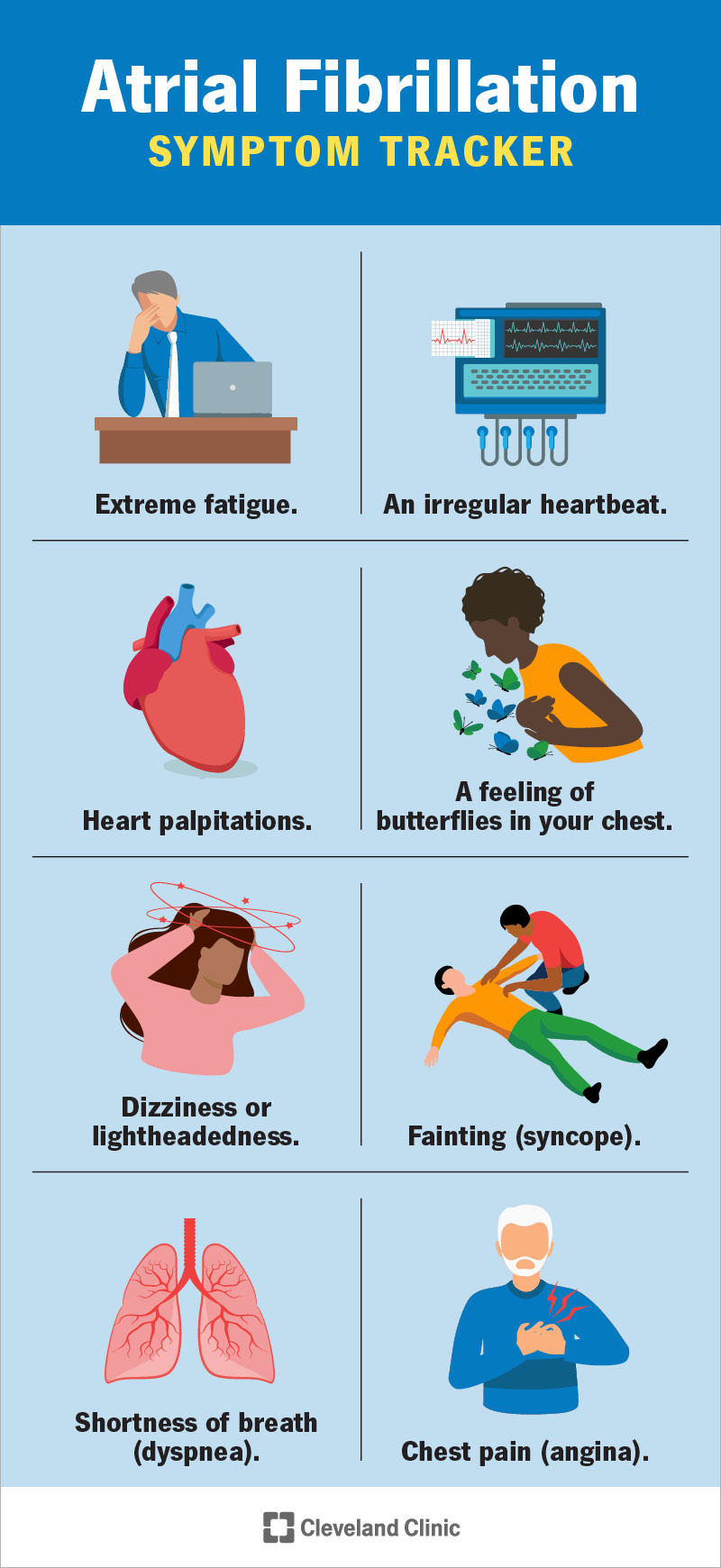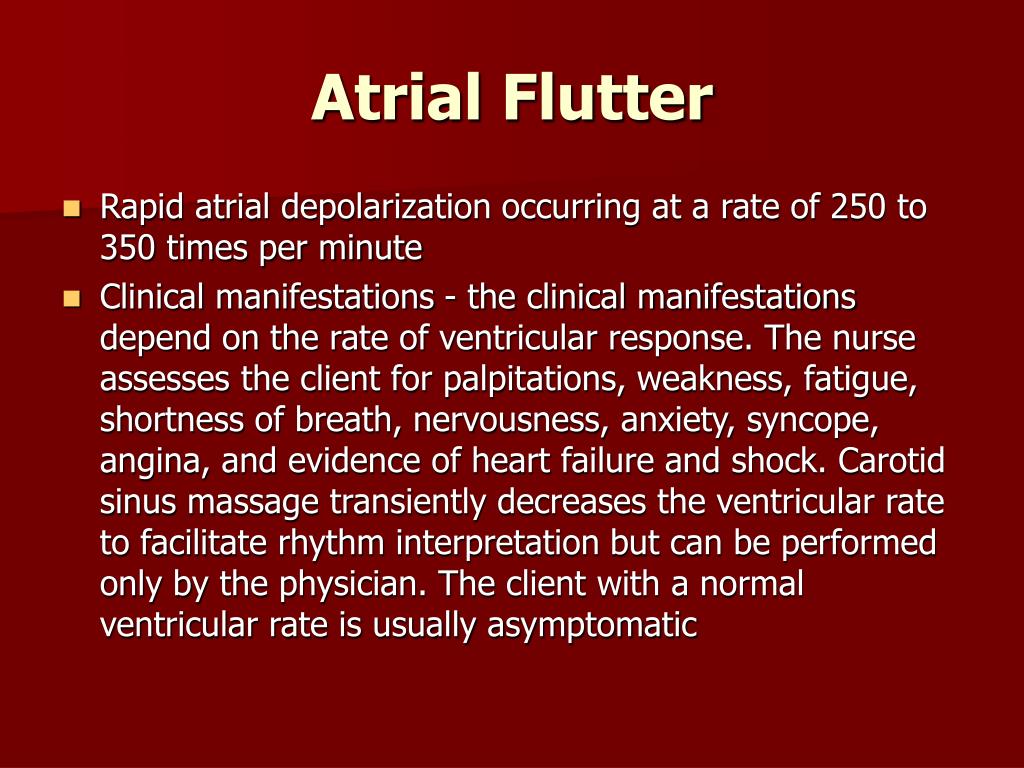

If you know that anxiety triggers your AFib, make it a priority to get the stressors in your life under control as you craft a more heart-healthy routine. Unfortunately, AFib may not go away without some help, so you’ll want to make sure you know what you’re dealing with as soon as possible.Īnxiety and AFib play off each other, and that’s no good for your body or your mind. If you get any chest pain during an attack or episode, see your doctor to investigate further.Īnxiety is a very personal experience, and can be troubling, but take comfort in the fact that it will subside.

When AFib hits alongside another heart disorder, the pain can be more specific and intense – and it’s never a good idea to ignore. A dull chest pain is not uncommon, but everyone experiences pain differently. AFib and panic disorders can both bring on chest pain as the heart races and muscles tense. While an erratic heartbeat isn’t pleasant, AFib doesn’t usually bring such a severe emotional response. This fear and helplessness is tough to shake and can feed the panic that brought it on. Panic attacks often bring what people describe as a sense of doom: a heavy and urgent feeling like something very bad is about to happen. If your heart seems to be skipping beats, or speeding up then slowing down and speeding up again, it’s more likely that AFib is to blame. The pattern or rhythm of a heart beat can also tell you what’s going on: a panic attack typically brings a constant rapid heart rate, while AFib causes an erratic heart rate. With a panic attack, heart rate can start to creep up as other discomforts manifest, and after the attack hits a peak, heart rate will gradually return to normal as the other symptoms dissipate. When the episode subsides, so will the symptoms, but the cycle tends to repeat until treatment is administered. Since AFib is triggered by a sudden physical event (overactive electrical signals), AFib episodes typically hit suddenly. Pay attention to the rate of building and declining symptoms. Here are a few markers that can help you tell the conditions apart: Rather, it’s triggered by events in your environment, stressful situations, or sometimes happens for no apparent reason at all. It’s important to keep in mind that the two syndromes stem from different sources: AFib is an electrical disorder that sends a mess of signals through the chambers of the heart, but a panic attack typically won’t have a physical cause. However, in order to treat your body properly and sidestep potential complications down the road, it’s important to distinguish the two conditions.ĪFib is notoriously tricky to diagnose on your own, but there are some signs that can help you tell panic attacks and AFib episodes apart. Luckily, these symptoms are generally short-lived, whether it’s an AFib episode or a panic attack.

So many common symptoms of atrial fibrillation resemble classic anxiety symptoms that characterize panic attacks: heart palpitations, chest pain, muscle tension, and sweaty palms that come with an adrenaline rush are good examples.

Similarities, differences, and links between AFib and anxiety attacks


 0 kommentar(er)
0 kommentar(er)
